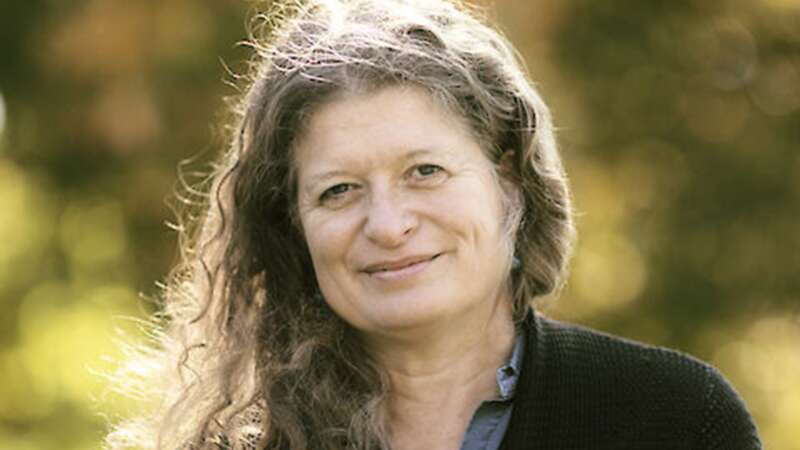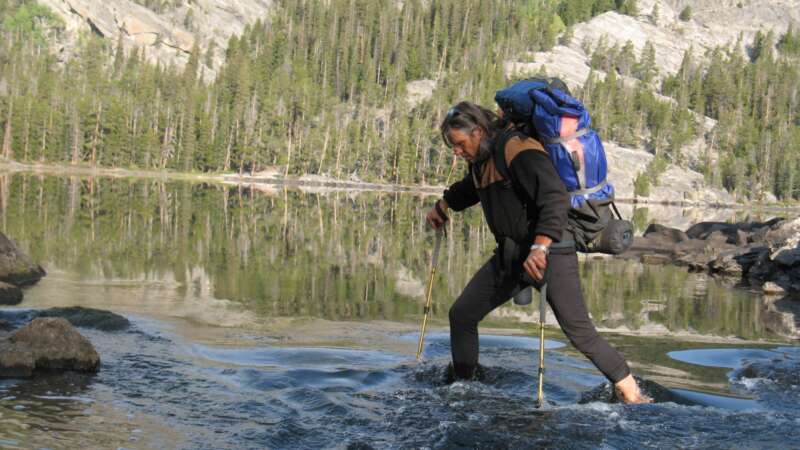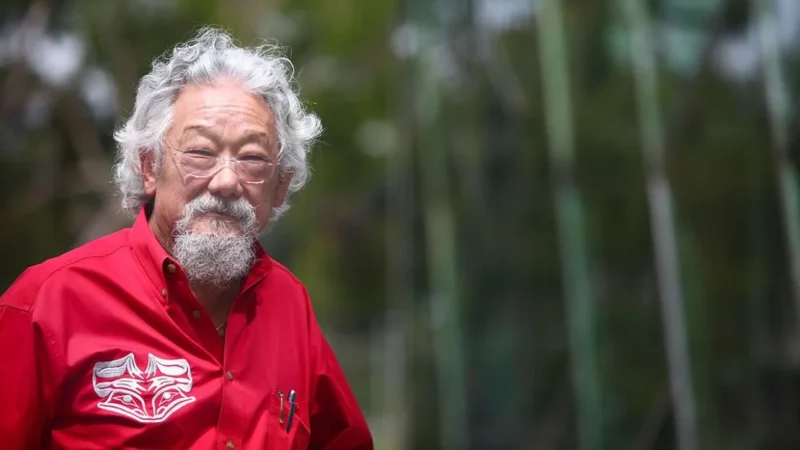canada
Dr. Justina Ray: Listening to the Land
Dr. Justina Ray is not only protecting Canada’s wild spaces – she is about redefining how conservation itself is done. As President and Senior Scientist of Wildlife Conservation Society Canada, she has built a career that reaches far beyond field biology, asking what it truly means to sustain life across landscapes that shape both ecology and identity.
Her work has taken her to the tropical forests of Asia and Africa, the vast boreal and sub-arctic zones of Canada, and many places in-between guided by a singular conviction: science must serve the future of the living world.
Ray’s path into northern conservation began with questions rather than assumptions. How do wolverines and caribou survive when their ranges fragment? What happens when the climate itself becomes a moving target?
Jacques Régnière: Budworm to BioSIM
Jacques Régnière, born in Quebec City, has dedicated over four decades to advancing our understanding of forest pests and protecting our global forests. Earning his bachelor’s degree in biology from Laval University and a Ph.D. in insect ecology and biomathematics from North Carolina State University, Régnière began his career at the Canadian Forest Service in 1980, where he served until his retirement in 2024.
Throughout his distinguished career, Régnière focused on pressing issues in forest ecology, notably the population dynamics of the spruce budworm, mountain pine beetle, and spongy moth. His work in quantitative ecology has influenced pest management practices and provided a better understanding of climate change’s impact on invasive species and forest health.
David Suzuki: Scientist, Broadcaster, Eco-Warrior
In the world of environmental activism, few names resonate as powerfully as that of David Suzuki. For decades, this Canadian scientist, broadcaster, and author has dedicated his life to championing the cause of environmental conservation and sustainability. With a career that spans over half a century, Suzuki’s relentless passion for the planet has made him an iconic figure in the global environmental movement.
Born in Vancouver, Canada, in 1936, David Suzuki’s early years were marked by a deep connection to nature. His Japanese-Canadian upbringing laid the foundation for his lifelong commitment to protecting the natural world. Suzuki’s career took flight as a geneticist, where his pioneering research on fruit flies contributed to our understanding of genetics. However, he soon realized that his scientific knowledge could be a powerful tool for environmental advocacy.


